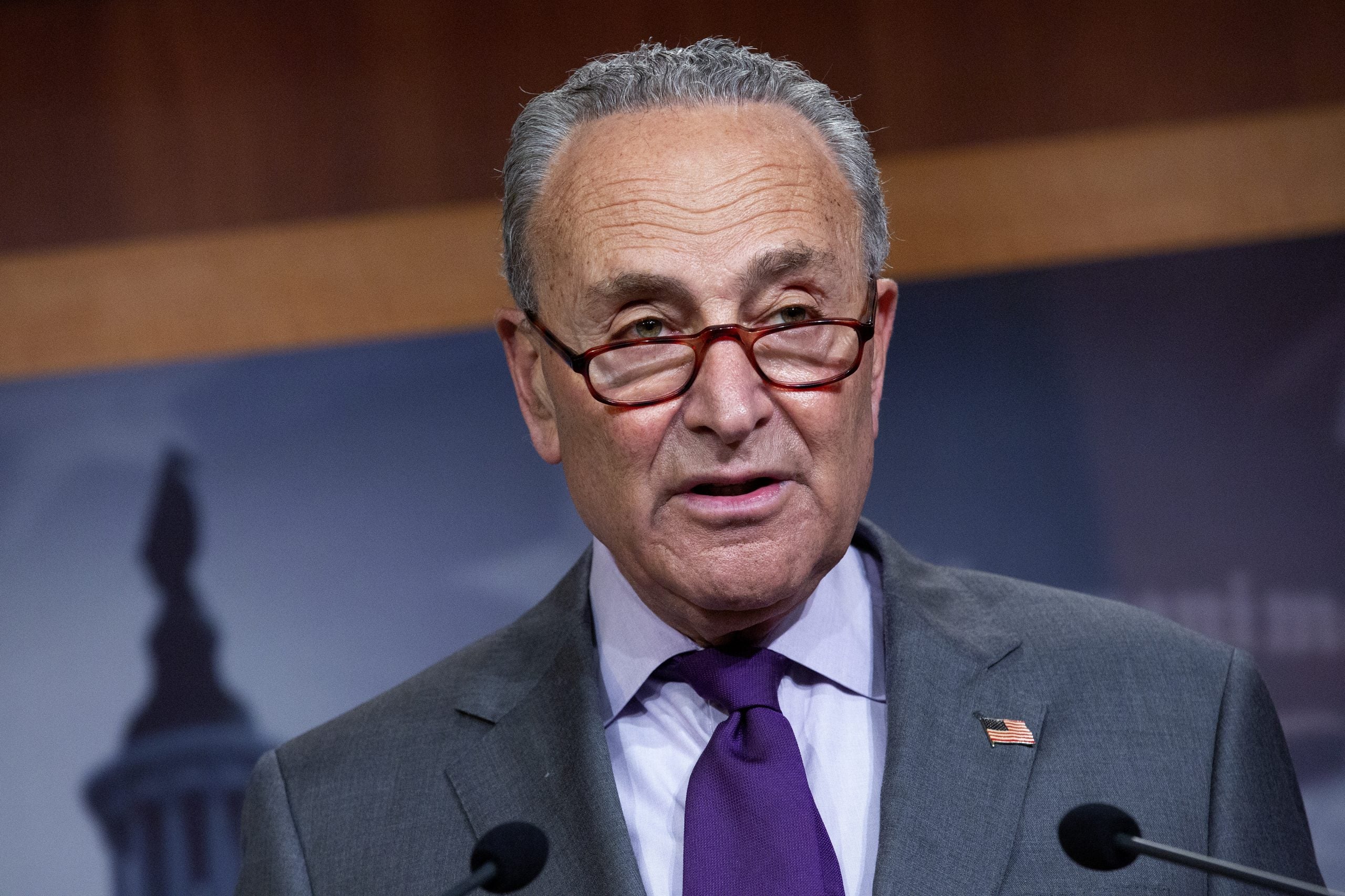
On Thursday, Senate Democrats will unveil a massive $350 billion proposal, dubbed the Economic Justice Act, seeking to invest in long-underserved communities of color and address the systemic racism that many face while navigating life in the United States.
The plan proposes putting forth $350 billion to address the immediate and long-term needs of underserved communities through ten major investments over the next five years. Senate Democrats plan to start by addressing the needs that have been highlighted by the COVID-19 pandemic through a $135 billion investment in childcare, mental health and primary care, and jobs.
The remaining $215 billion is expected to be allocated over the next five years toward infrastructure, a homeowner down payment tax credit, Medicaid expansion, maternal mortality and more, to help build wealth and health in communities of color.
“Long before the pandemic, long before this recession, long before this year’s protests, structural inequalities have persisted in health care and housing, the economy and education. Covid-19 has only magnified these injustices, and we must confront them with lasting, meaningful solutions that tear down economic and social barriers, and reinvest in historically underserved communities,” Senate Minority Leader Chuck Schumer (D-NY) said in a statement provided to ESSENCE. “The Economic Justice Act is a needed step in a long journey to address systematic racism and historic underinvestment in communities of color.”
Senate Democrats are proposing using some $200 billion in unspent money from the CARES Act in order to offset the cost of the proposal.
In the breakdown, some $50 billion is allocated toward childcare, including ensuring that working families have access to childcare and that early childhood educators continue to get paid amid the pandemic. Another $40 billion will be put toward expanding and improving access to community health care, as well as incentivizing providers to serve in high-need areas.
Democrats are proposing another $25 billion go toward federally supported jobs and training and at-risk youth initiatives.
In the long term, The Economic Justice Act will put $115 billion toward infrastructure, including necessities such as high-speed Internet, affordable housing and more. Another $40 billion will go toward a new homeowner down payment tax credit, which will seek to provide low-interest rates for home mortgages and provide some $15,000 per family to expand access to homeownership. There are also plans to use $30 billion to reduce rent and utilities to 30 percent of income for low-income individuals and families, as well as build new low-income rental properties. Another $15 billion will go toward addressing the maternal mortality crisis through expanding comprehensive Medicaid coverage to all pregnant persons for up to one year postpartum and will also improve access to midwife and doula services.